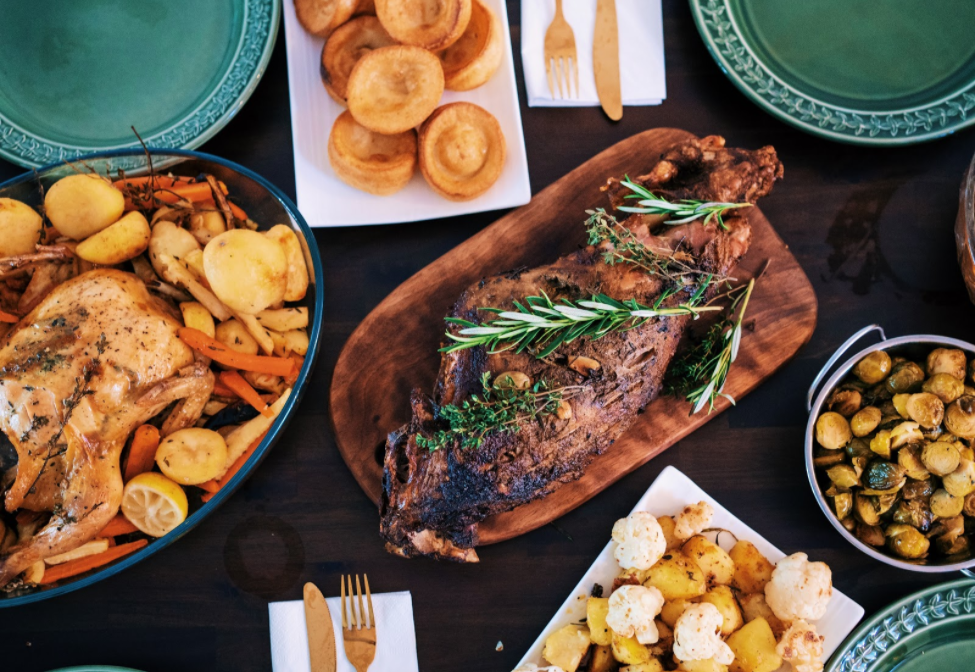Making Christmas a Little Healthier

Trailing just behind New Year’s Eve in excessive drinking and leading the year in excessive eating, Christmas is hardly a healthy holiday. However, the unhealthy effects of Christmas are easily avoidable, so long as you commit to following certain guidelines during the fateful day. Here are some guidelines you may find useful
Leave breaks between your meals:
It takes around 20 minutes for your brain to register a feeling of fullness after eating. For this reason, you should take regular breaks while eating, as otherwise you may not be able to stop before it is too late and you feel like you have overeaten. Eating in a continuous, unthinking fashion is what causes the average person to consume over 3,000 calories on Christmas day; many of these calories are left unburnt, due to overeating causing feelings of lethargy. If you feel that you cannot commit to breaks during your Christmas dinner, invest in smaller dishes, which slow down the rate at which you eat: less rapid consumption should prevent you from hitting that undesired wall of feeling stuffed.
Make your table plant-friendly:
There are plenty of Christmas vegetables which you can make center-stage participants in your dinner. For instance, parsnips, chestnuts, and rosemary all roasted in olive oil make for a good Christmas-themed salad. Alternatively, you can enhance the appeal of your Brussels sprouts by toasting them with some toasted sesame seeds, and topping the ensemble with a dash of soy sauce and sherry. Finally, you could introduce a vivid assembly of flavours in a masterpiece Christmas salad, composed of red cabbage, onions, apples, beetroot, walnuts, oranges, and honey.
Watch your alcohol intake:
Alcohol units pile up over Christmas day if you do not keep a close eye on how much you are drinking. This can cause problems, as alcohol is not only toxic to the liver, but also calorie-dense, adding to the already painfully calorific Christmas dinner. The temptation to engage in drinking can be mitigated by replacing many of the traditional Christmas tipple with mocktail equivalents or non-alcoholic Christmas classics, like hot chocolate and clementine-based drinks.
Work for the reward of Christmas dinner:
Give yourself plenty of exercise both before and on Christmas day: the meals you have will be much more enjoyable, and you will feel better for eating them. In addition, the fated Christmas dinner will wreak less havoc on your shape, which will only add to your enjoyment of the dishes before you. A good way of moving about is by booking some winter activities, like ice-skating, sledding, or by simply attending the local gym for a few hours. If you want a real challenge, you may wish to return to a traditional Christmas fast: in Western Christianity, 4-6 weeks before Christmas is dedicated to fasting, which involves eating modest meals that exclude animal products like eggs, meat, fish, and dairy. The monotony of this fast is broken up every Sunday, and on the feast days of saints. If you plan on fasting, ensure that you are fit to fast, as well as stocked up on plant-based protein like tofu, lentils, chickpeas, and quinoa: animal protein makes up the majority of most people’s protein intake, and a lack of protein can lead to hair damage and muscle loss among other ailments.
Social

Related Articles
Made with ♥ in the UK | Privacy Policy | Terms & Conditions | © ChristmasClock 2021



